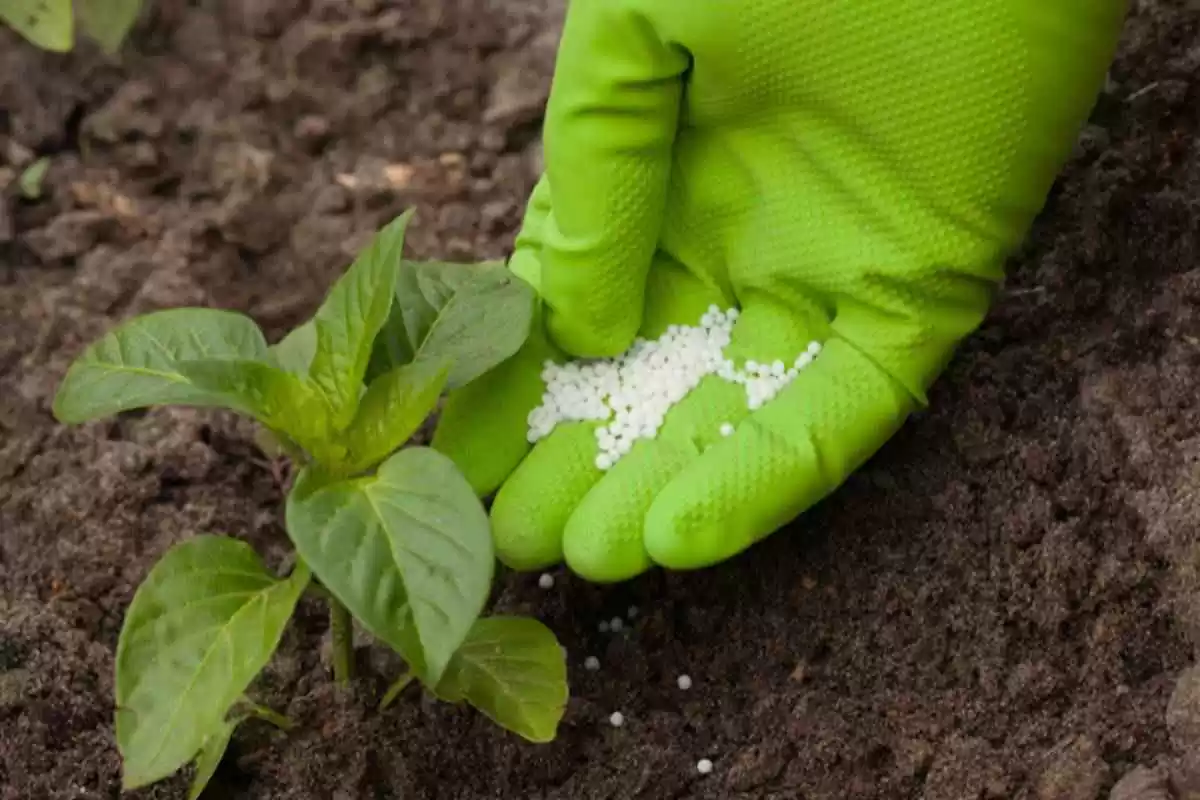What is Nitrogen Fertilizer? Introduction to Types of Nitrogen Fertilizers

Nitrogen is one of the essential elements for the growth and development of plants, playing a critical role in increasing agricultural yields. As a key component of proteins, chlorophyll, and enzymes, nitrogen is naturally found in soil. However, due to continuous farming and repeated use of land, soil often becomes nitrogen-deficient. In such cases, nitrogen fertilizers are used to meet the plants’ needs for this vital element. Raeis Industrial Group explores nitrogen fertilizers, their importance in agriculture, and the different types available in this comprehensive article.
The Importance of Nitrogen in Agriculture
Nitrogen is one of the vital elements in the biological processes of plants. It promotes the production of leaves and stems and plays a key role in photosynthesis. A deficiency of nitrogen in plants leads to stunted growth, yellowing of leaves, and reduced crop yields. Therefore, providing plants with the required nitrogen through fertilizers is an indispensable part of modern agriculture.
Types of Nitrogen Fertilizers
Nitrogen fertilizers are generally divided into several categories, each with unique features and applications. Raeis Industrial Group provides an overview of the most common nitrogen fertilizers:
Urea Fertilizer
Urea fertilizer is one of the most common and cost-effective nitrogen fertilizers, containing approximately 46% nitrogen. It dissolves easily in water and has high absorption capability. Urea is typically available as powdered or granular fertilizer and is highly significant for both crop and horticultural applications. However, it should be applied to moist soil to prevent nitrogen loss due to volatilization.
Ammonium Nitrate
Ammonium nitrate is a combination of nitrate and ammonium ions, containing around 33% nitrogen. This fertilizer is highly suitable for sensitive growth stages of plants due to its fast absorption and immediate effect. However, because of its explosive properties, ammonium nitrate requires careful handling and storage.
Ammonium Sulfate
Ammonium sulfate contains 21% nitrogen and 24% sulfur. This fertilizer not only supplies nitrogen but also improves the quality of alkaline soils. It is often used in crops like rice and wheat. The sulfur content in this fertilizer also enhances plant resistance to pests and diseases.
Calcium Nitrate
Calcium nitrate is another type of nitrogen fertilizer that also contains calcium. It significantly improves the structure of plant cell walls and is widely used for greenhouse and horticultural crops. Calcium nitrate is available in granular or crystalline forms and has excellent solubility.
Anhydrous Ammonia
Anhydrous ammonia is one of the most concentrated nitrogen fertilizers, containing about 82% nitrogen. This fertilizer is in gas form and is directly injected into the soil. Anhydrous ammonia is mostly used in industrial agriculture and large-scale lands.
How to Choose the Right Nitrogen Fertilizer
Choosing the appropriate nitrogen fertilizer depends on factors such as the type of crop, nitrogen requirements, soil conditions, and planting season. Some crops require more nitrogen, while others respond better to fertilizers containing additional elements like sulfur or calcium. For instance, ammonium sulfate is more suitable for crops grown in alkaline soils, whereas calcium nitrate is ideal for horticultural crops.
Raeis Industrial Group is a reputable supplier of nitrogen fertilizers, offering high-quality products at competitive prices. Farmers can rely on Raeis Industrial Group to select and purchase the most suitable fertilizer for their agricultural lands.
Benefits of Using Nitrogen Fertilizers
Using nitrogen fertilizers offers numerous advantages for farmers. Some of these benefits include:
Increased Agricultural Yield
Nitrogen enhances plant growth by promoting leaf and stem production, leading to improved overall crop performance. It plays a critical role in plants like wheat, corn, and rice, which require significant amounts of nitrogen.
Improved Photosynthesis and Plant Growth
Photosynthesis is the process through which plants convert solar energy into food. As a primary component of chlorophyll, nitrogen is pivotal in this process. Using nitrogen fertilizers helps plants produce more chlorophyll, maximizing their photosynthetic capabilities, leading to faster and healthier growth.
Enhanced Soil Quality and Health
Some nitrogen fertilizers, such as ammonium sulfate, not only provide nitrogen but also improve soil structure. These fertilizers can regulate soil acidity and make it more suitable for better plant growth.
Conclusion
Nitrogen fertilizers are a cornerstone of plant nutrition, playing a crucial role in boosting agricultural productivity and improving crop quality. Selecting the appropriate type of fertilizer based on soil conditions and plant requirements can lead to optimal results. For high-quality nitrogen fertilizers, you can trust Raeis Industrial Group. With years of experience in agriculture, Raeis Industrial Group offers a wide range of chemical fertilizers to meet the diverse needs of farmers.

